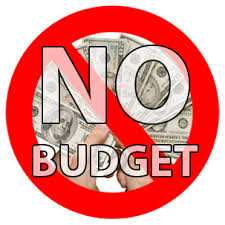
Budgeting, at the top of the list, seems to be a problem for the majority (61 percent) of Americans. Only 39 percent of those polled say they have a budget and keep close tabs on what they spend. Experts in personal finance consistently argue that the first step toward controlling money is to have and stick to a budget.
The figures relative to saving for retirement also show a lack of planning for the future. One in three Americans are making no provision for post-working years. In fact, when listing their concerns about their financial well being, the lack of “rainy day” cushioning and retirement money topped the list.
The survey asked if the respondents were spending less than they had the previous year. Twenty-nine percent in the 2014 sample said they were, in fact, spending less, but the percentages have been in a steady decline since that question was added to the annual survey in 2009. More than two-thirds of the respondents said they are spending the same or more.
One in three of those polled said they carry credit card debt from month to month. That proportion has been steadily falling since 2009, from 44 percent that year to 34 percent this year. The recent recession likely has made many credit card holders more cautious. Fifteen percent of adults – more than 35 million people – roll over $2,500 or more in credit card transactions each month.
The majority of those surveyed – 59 percent- said they would grade their knowledge of personal finance at an A or B, but an even higher percent (73) admit they could benefit from expert advice.
Ironically, only about one-fourth (27 percent, which would equate to 63 million Americans) said they would seek outside help with financial problems by counseling with a professional non-profit agency. Seventy-three percent said they would rely on themselves to resolve financial difficulties or turn first to friends or family for financial advice.